
The Fears And Expectations Of Russians: Is It Ukraine Or China Concerning Them More?
Introduction
{{margin-small}}
The Open Minds Institute team asked Russians how much they fear certain war outcomes and which versions of the future they accept or reject.
We tested the attitudes of Russian respondents toward 19 different future scenarios concerning Russia's geopolitical and internal courses, personal prospects of Russians, and their perception of national identity and state power. We didn't find the main line of Russian public opinion as their views appeared inconsistent. Proceed to the findings to find out why.
{{margin-big}}
Executive Summary
{{margin-small}}
- Russian public opinion reveals cognitive dissonance, with many desiring peace while believing in the military's superiority. Despite recognizing the harsh realities of war, a majority (58.7%) couldn’t imagine Ukraine defeating Russia, and a significant portion (55.4%) do not consider their military to be weaker than NATO's. Even in the face of actual defeats, these views may persist as individuals are likely to rationalize losses with conspiracy explanations.
- Russians are primarily concerned about the potential escalation of the current war leading to World War III and the possibility of missile strikes on their territory. They also have significant worries about personal issues such as military mobilization, economic problems, and job loss.
- Additionally, there is a fear of power shifts within the country through military uprisings and the potential for defeat by Ukraine. Interestingly, the fate of the annexed Ukrainian territories is of lesser concern to Russians compared to fears of Russia's territory being claimed by China.
- It seems that any shifts in favor of Ukraine on the front lines may further confuse Russians regarding the unfolding events. The inconsistency in the views revealed by this study may push Russians to remain passively undecided. In turn, the uncertainty can refrain them from expressing a definitive stance either in support of or against the war.
{{margin-big}}
Methodology
{{margin-small}}
Sample
Respondents were recruited online. The data was collected on July 4.
The sample was stratified by sex and age (equal age and sex groups 18-30, 31-44, 45-60 years). The data was cleaned, and the analysis excluded people who did not answer all the questions. The final sample comprised 1000 respondents, 490 women and 510 men. The mean age of the respondents is 37.07; the standard deviation is 11.58. The sample included residents of all federal districts of Russia.
{{margin-small}}
Study Design
Respondents were asked a series of questions about their socio-demographic characteristics, as well as their support for the “special military operation” (an official Russian term for the full-scale invasion of Ukraine), views on their country's perspective, and peace negotiations with Ukraine.
The point of the study was to reveal the fears and concerns Russian respondents have about their future and the whole of Russia. By analyzing the extent of concern regarding different topics, we might understand what Russians are worried about. If one fear ranks higher, it may indicate a relative indifference toward the other.
In this context, it's not the absolute intensity of fear but its ranking compared to other fears that matters, helping us understand public sentiment and perceived national priorities. For example, taking the potential loss of occupied Ukrainian territories, their responses indicate a relative indifference toward these territories' fate.
Respondents were asked to react to 10 different future scenarios we assumed as frightening:
- The beginning of WWIII;
- Military actions on the territory of Russia;
- Missile attacks on my settlement
- Deterioration of one’s financial situation;
- Mobilization of oneself or the close ones;
- Losses/weakening of Russia's military power;
- Job loss;
- Ukraine’s military victory;
- Russia's partition by China;
- The armed uprising against the Russian authorities.
The study also explored the extent to which Russian respondents agreed with statements directly or indirectly tied to the Ukrainian counteroffensive:
- Everything must be done to prevent the war from repeating;
- Ukraine is unable to defeat Russia on the battlefield;
- Ukrainian authorities are behind the destruction of the Kakhovka HPP;
- The “SMO” is going well on TV, but is horrific in reality;
- Russians should focus on education or medicine, not the military;
- Russia left Kherson as planned, not because Ukraine liberated it
- Ukrainian government prepares an attack at Zaporizhzhia NPP;
- Russians can forgive their government anything except military defeat;
- Russia is being defeated by Ukraine, so it can’t bear the war with NATO.
{{margin-big}}
Key Findings
{{margin-small}}
What are Russians afraid of?
In the study, we asked participants if they feel fear of various scenarios, focusing on geopolitical concerns, personal financial and job security, and perceptions of national identity and power.
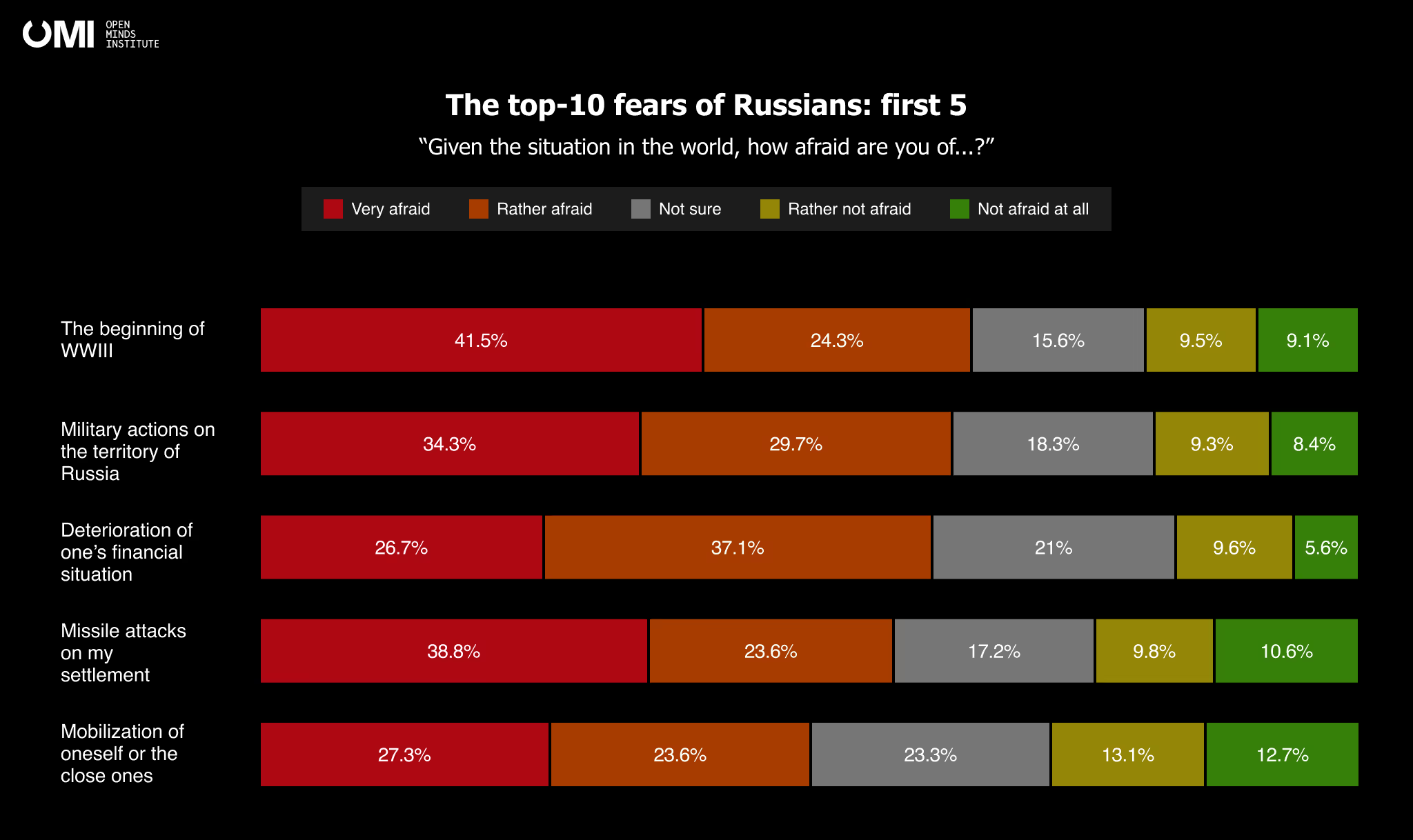
Russians' primary fears were centered on the potential transition from the localized war to World War III, and missile strikes on Russian territory, with 64% - 65.5% of respondents being afraid of that.
Personal concerns were also prominent. 64% of Russians stated to be afraid of financial deterioration and job loss. The prospect of military mobilization of them or their close ones seemed to bother the respondents less, with 51% being rather or very afraid of it.
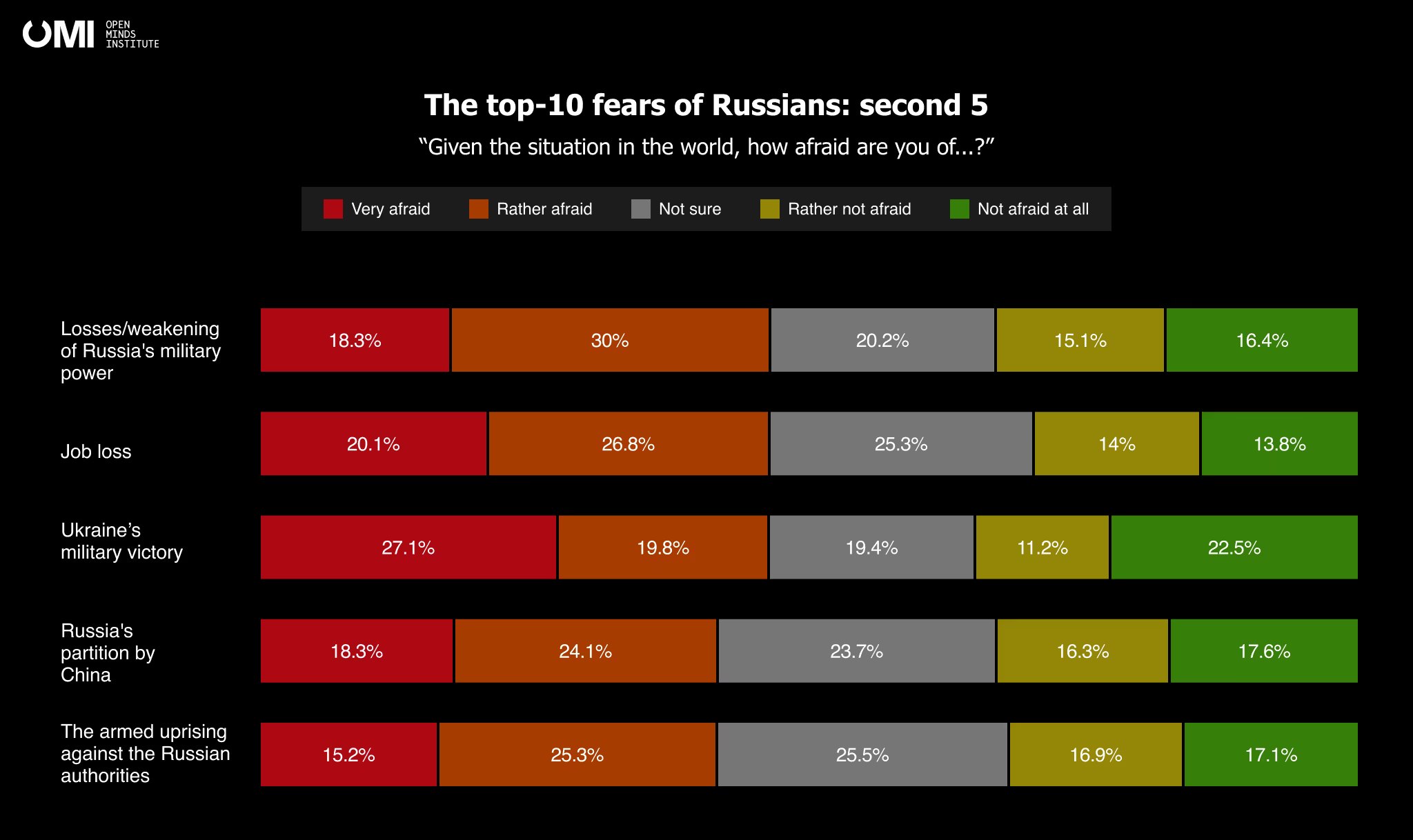
In addition, there are fears of a government change due to a military uprising and potential military defeats by the Ukrainian army. Interestingly, the fate of Ukrainian territories, occupied by Russia seems to be the less concern. These fears even did not rank in the top 10, so you cannot find them on the chart.
Instead, worries about part of Russia's territory being claimed by China gathered enough attention to be in the top 10. This suggests a prioritization of internal stability and territorial integrity over issues related to the annexation of foreign territories.
{{margin-small}}
The Impact of the Ukrainian Counteroffensive on Russian Public Opinion
The survey also explored the extent to which Russian respondents agreed with statements indirectly tied to the Ukrainian counteroffensive. The list included comparisons between the military strength of Ukraine and Russia, potential discontent with the current war, and war in general. There also were several propaganda assertions, like that the Russian army was no worse than the NATO forces and that the Russians didn't lose the battle for Kherson.
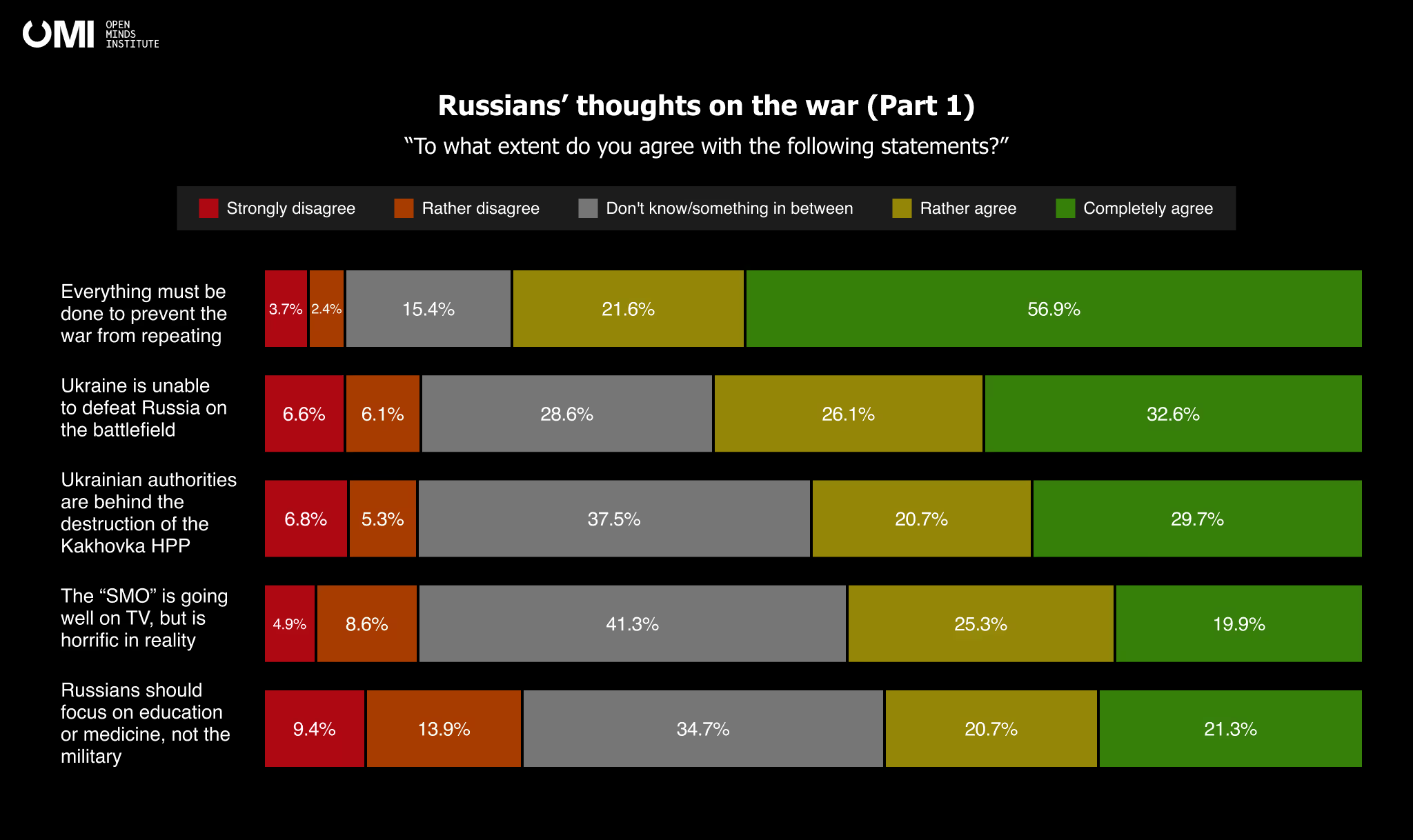
It appears that Russian public opinion is marked by a certain level of cognitive dissonance. On the one hand, the majority of respondents believe that war should be avoided in the future (79%). Additionally, 45% of Russian respondents acknowledge that the reality of the "special military operation" might be grimmer than what is portrayed by the state-propagated narrative.
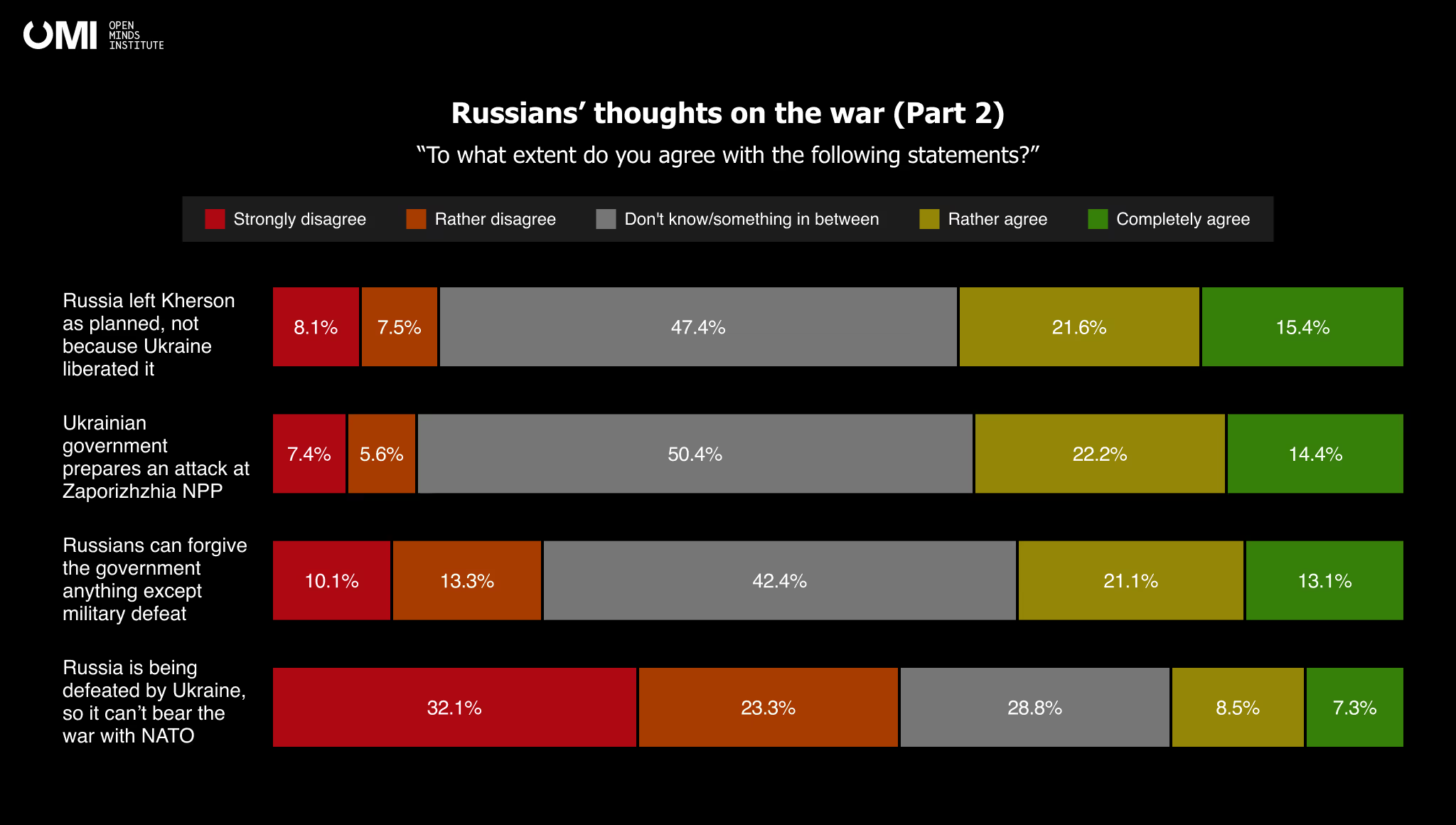
However, a significant part of the respondents (58.7%) cannot conceive of a scenario where the Ukrainian army could defeat the Russian army, and 55.4% do not believe that the Russian army is weaker than NATO’s, reflecting a level of chauvinistic belief. Even in the face of real defeats, this group is likely to maintain their worldview, resorting to conspiracy explanations, such as claiming that Kherson was not lost but “tactically abandoned” following a victory over Ukrainian forces.
Furthermore, it appears that the state propaganda may not necessarily convince all Russians but rather renders them passively undecided. Notably, 50.4% were uncertain about whether Ukraine was preparing a provocation at the Zaporizhzhya NPP, and 37.5% didn't express a viewpoint on whether Ukrainians had detonated the Kakhovka HPP. This high level of public indecision suggests that state propaganda has had only some degree of success in influencing public perceptions and creating doubt or confusion about the events in question.
It appears that Ukraine-favoring shifts on the frontline may result in further confusion in the minds of Russians regarding the unfolding events. However, the vast majority of them are likely to remain passive observers, refraining from expressing a definitive stance, whether pro- or anti-war.
{{margin-big}}
Conclusion
{{margin-small}}
The study reveals a cognitive dissonance among Russian public opinion. While many of them express a desire to avoid future wars and acknowledge the dark reality of the ongoing war, a significant portion holds chauvinistic beliefs, denying the possibility of Ukrainian victory.
The primary fears of Russians revolve around World War III and missile strikes on Russian territory. Personal concerns such as military mobilization, economic hardships, and job loss also weigh heavily on their minds. Surprisingly, fears about losing the occupied Ukrainian territories due to the counteroffensive rank lower in priority than worries about potential Russia partition by China.
State propaganda seems to leave many Russians passively undecided. The shifting frontline is deepening the confusion. Thus, the majority of Russians tend to observe events without expressing a definitive pro- or anti-war stance.

.svg)





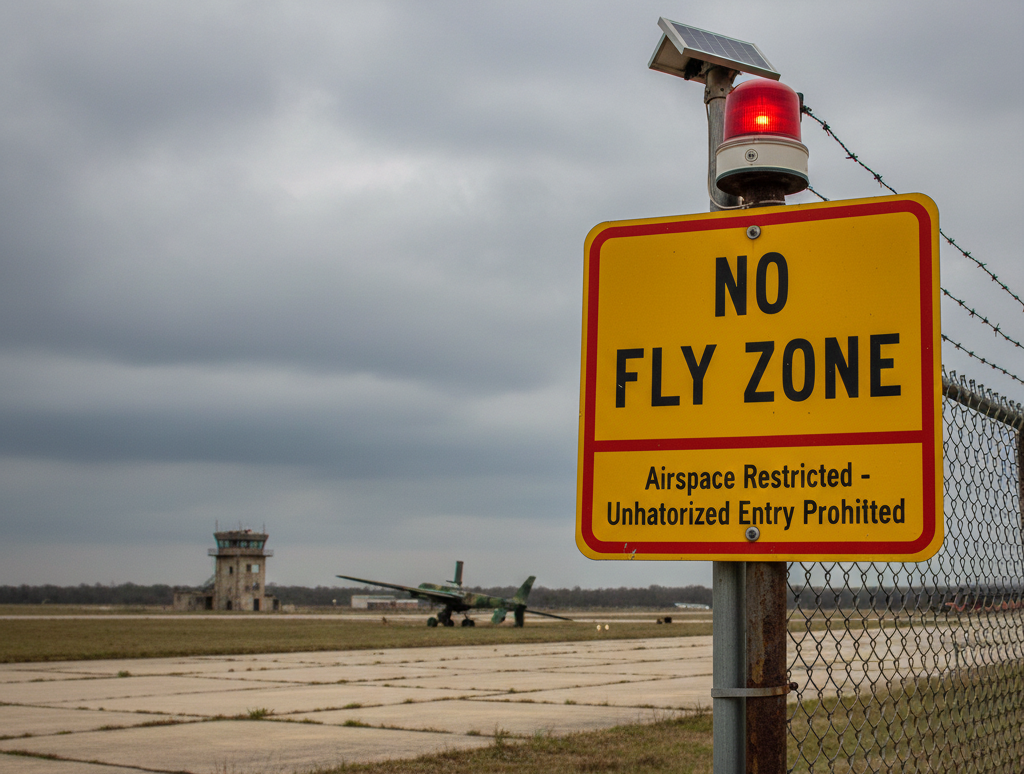
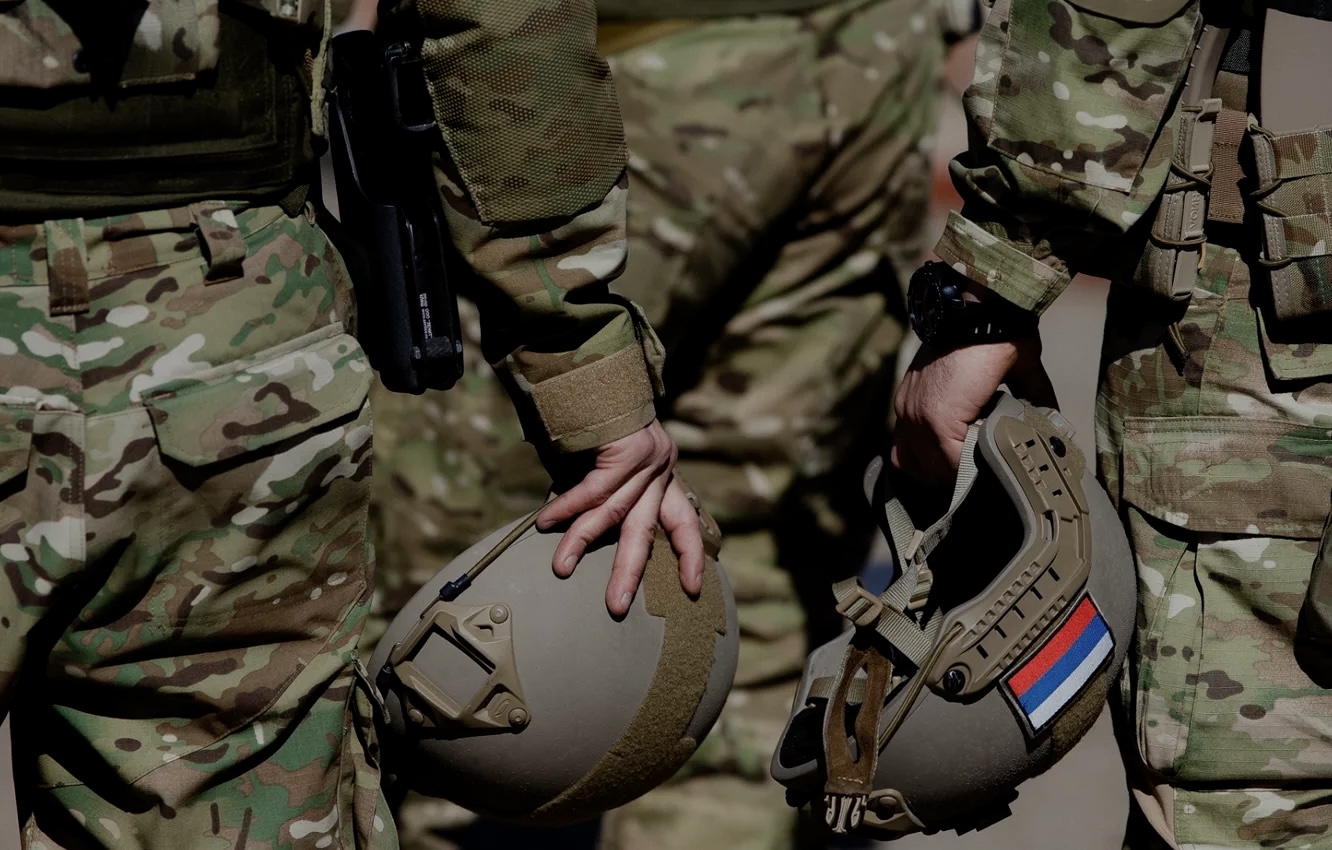

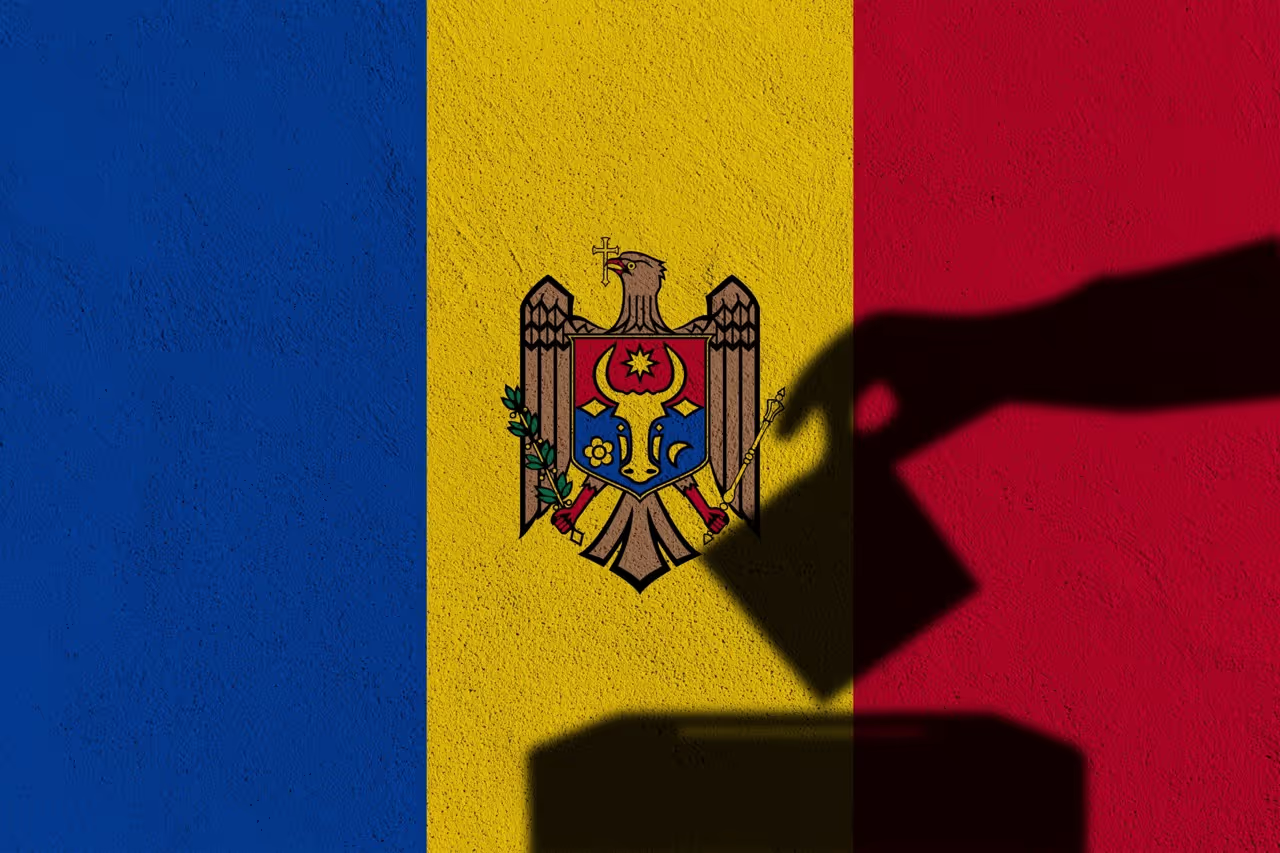
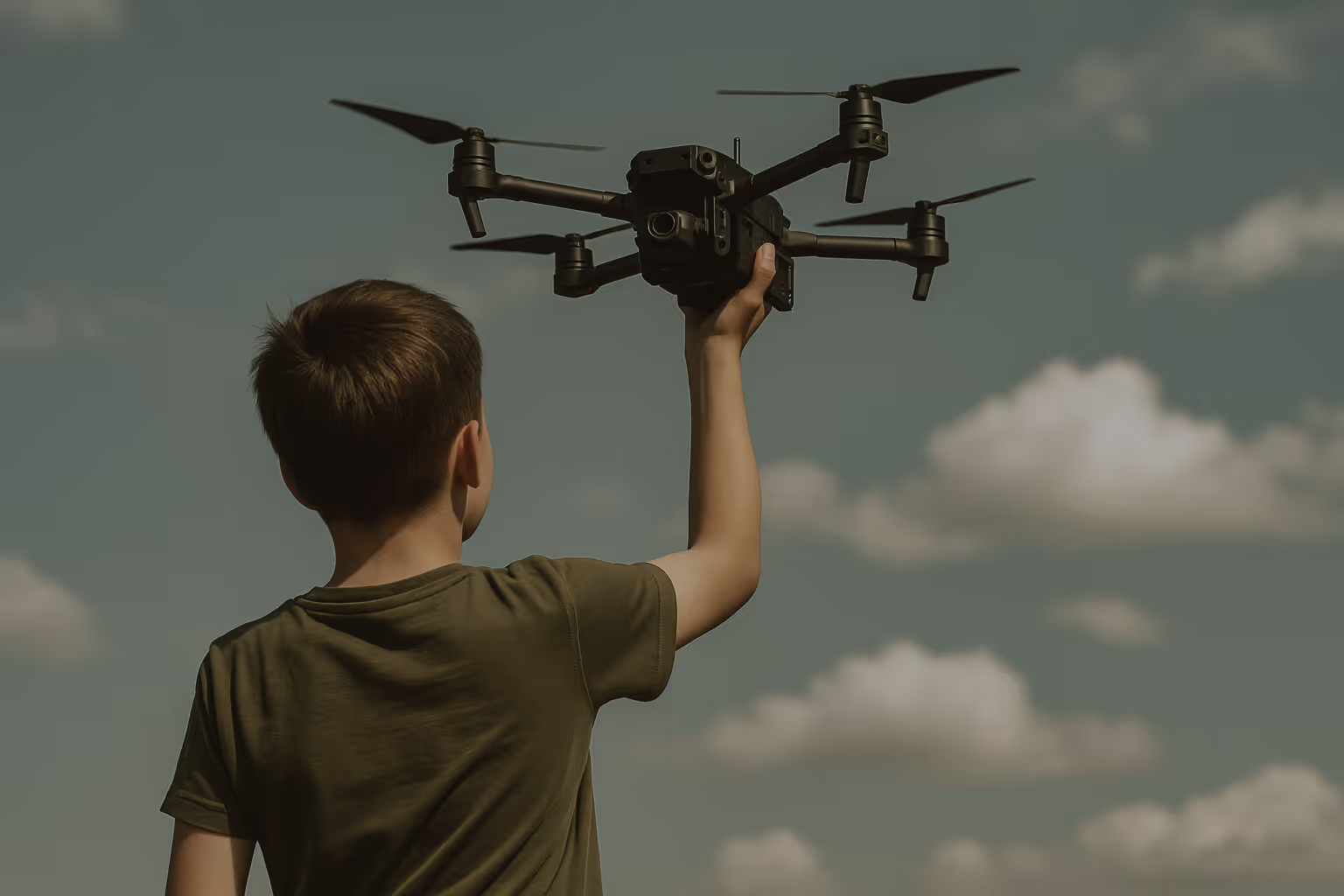
.avif)
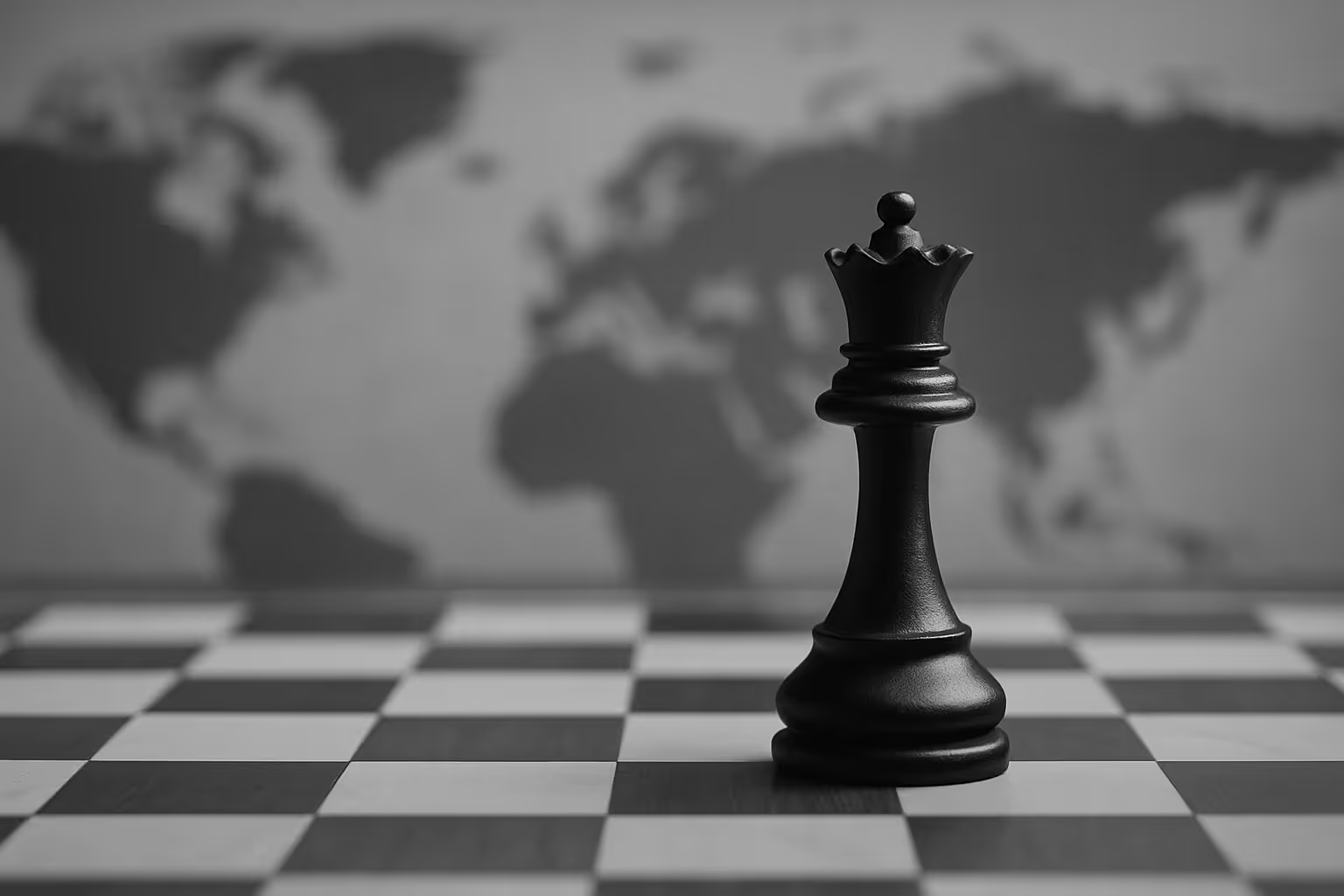

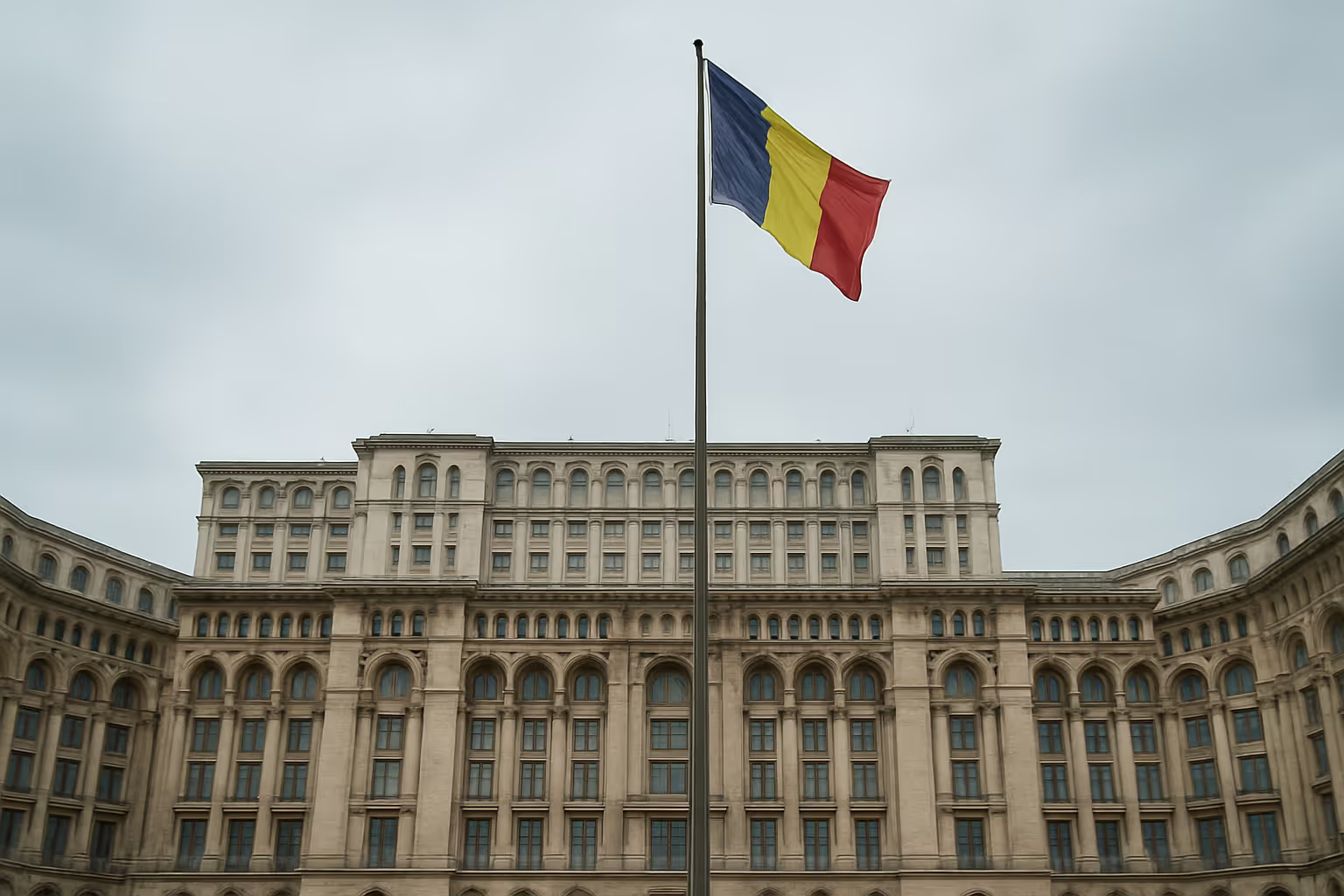
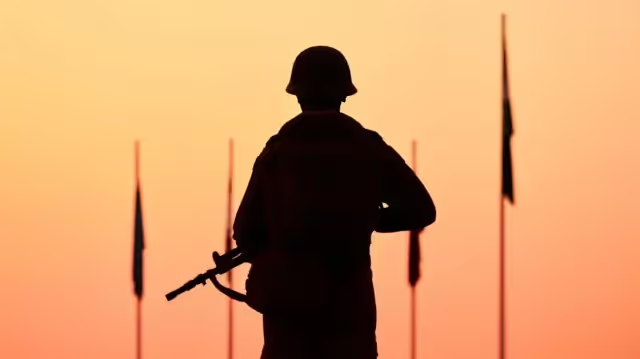
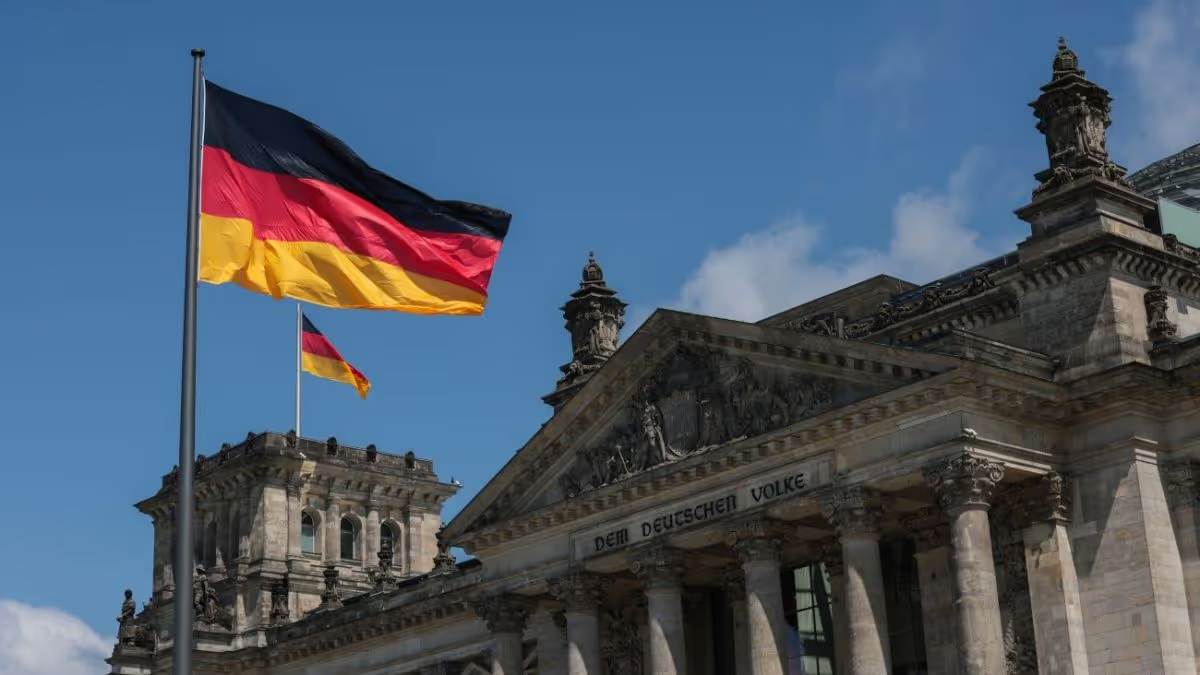
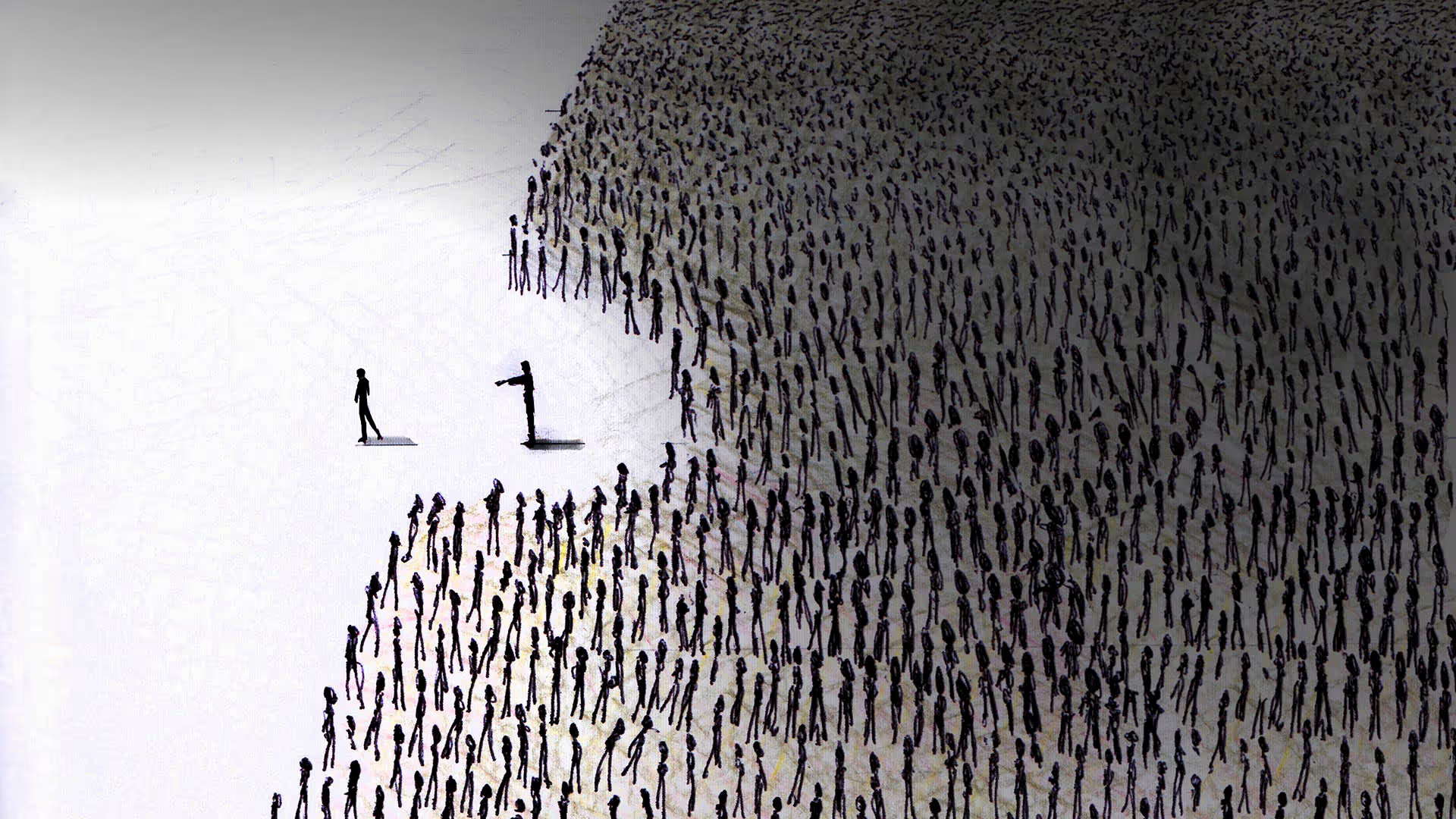
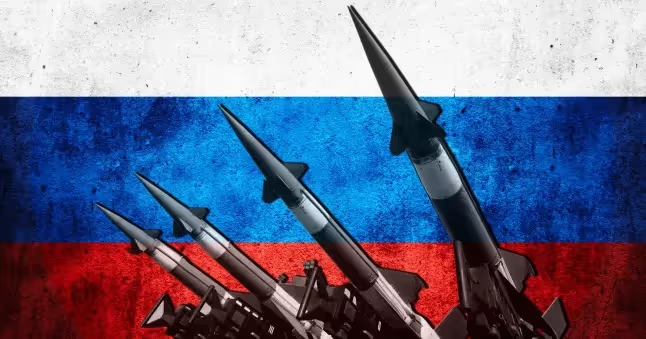
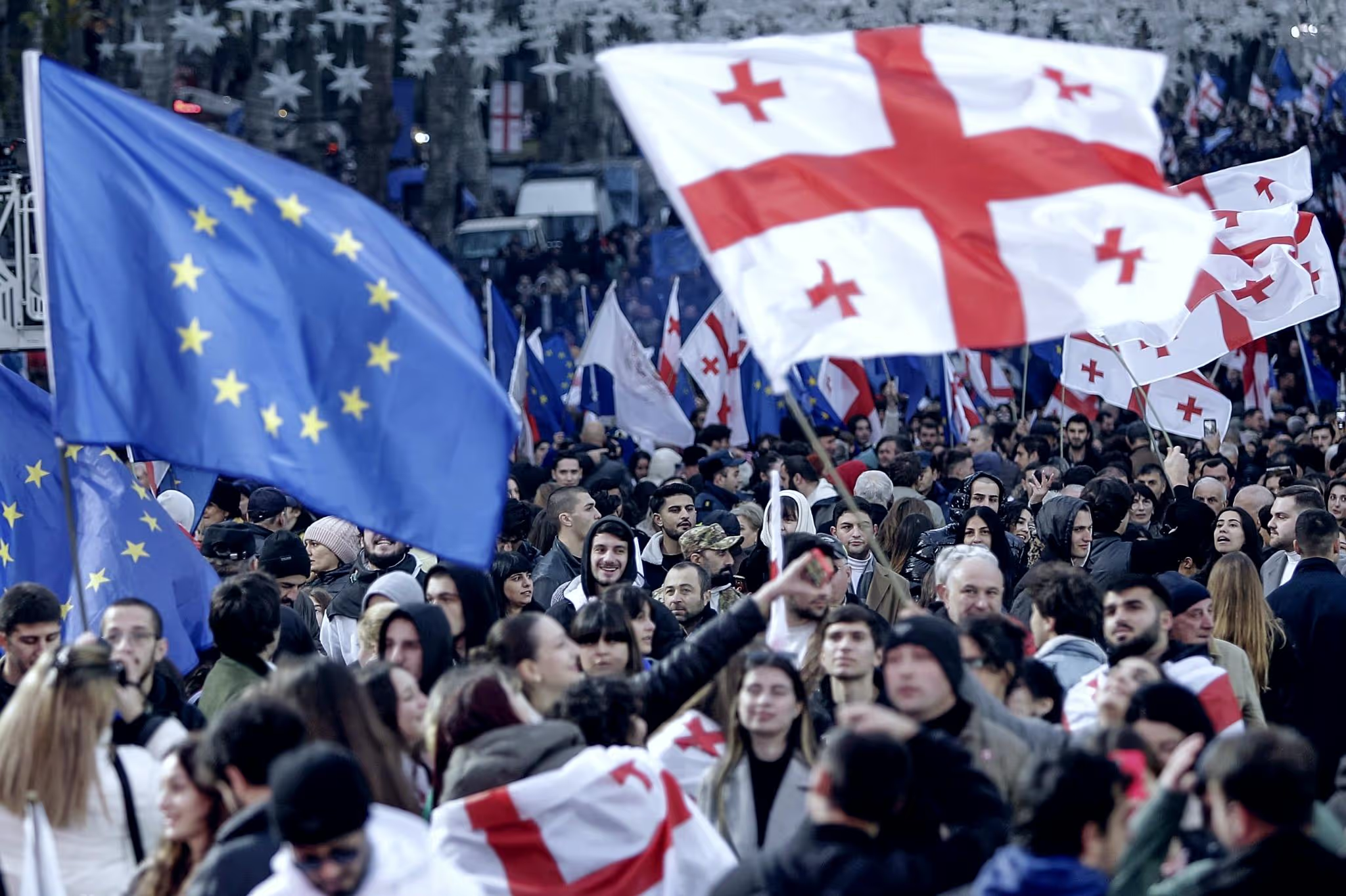
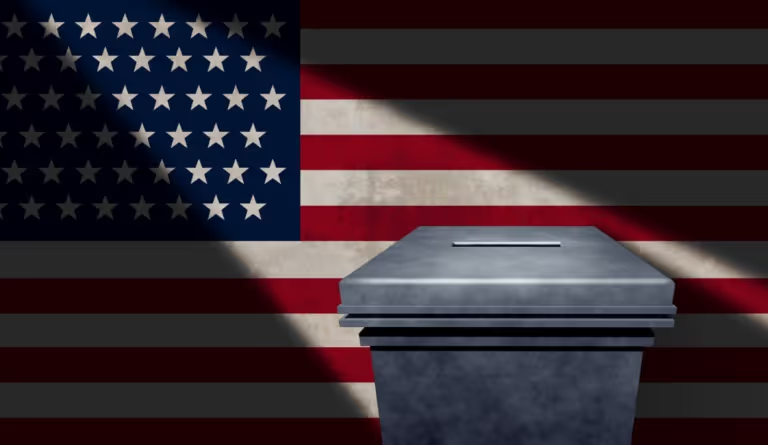



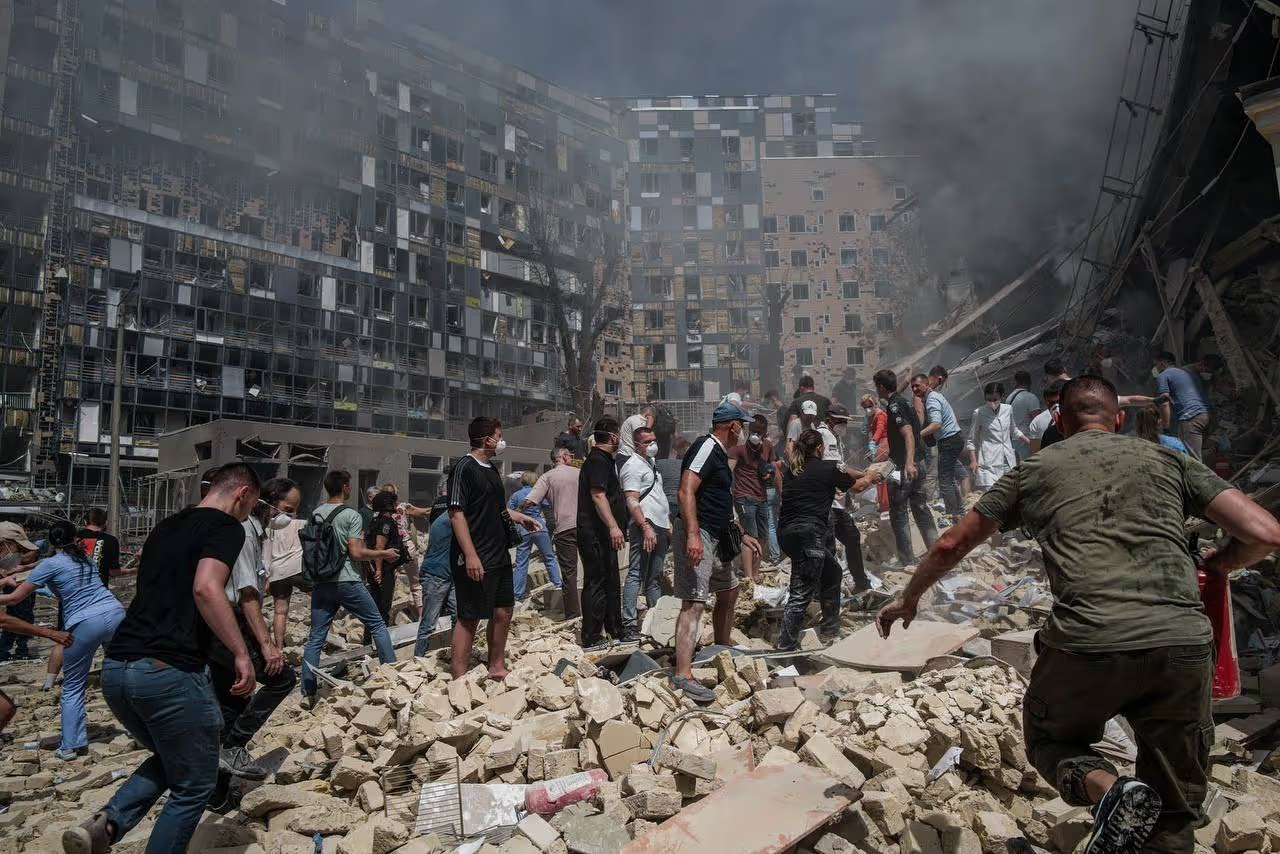

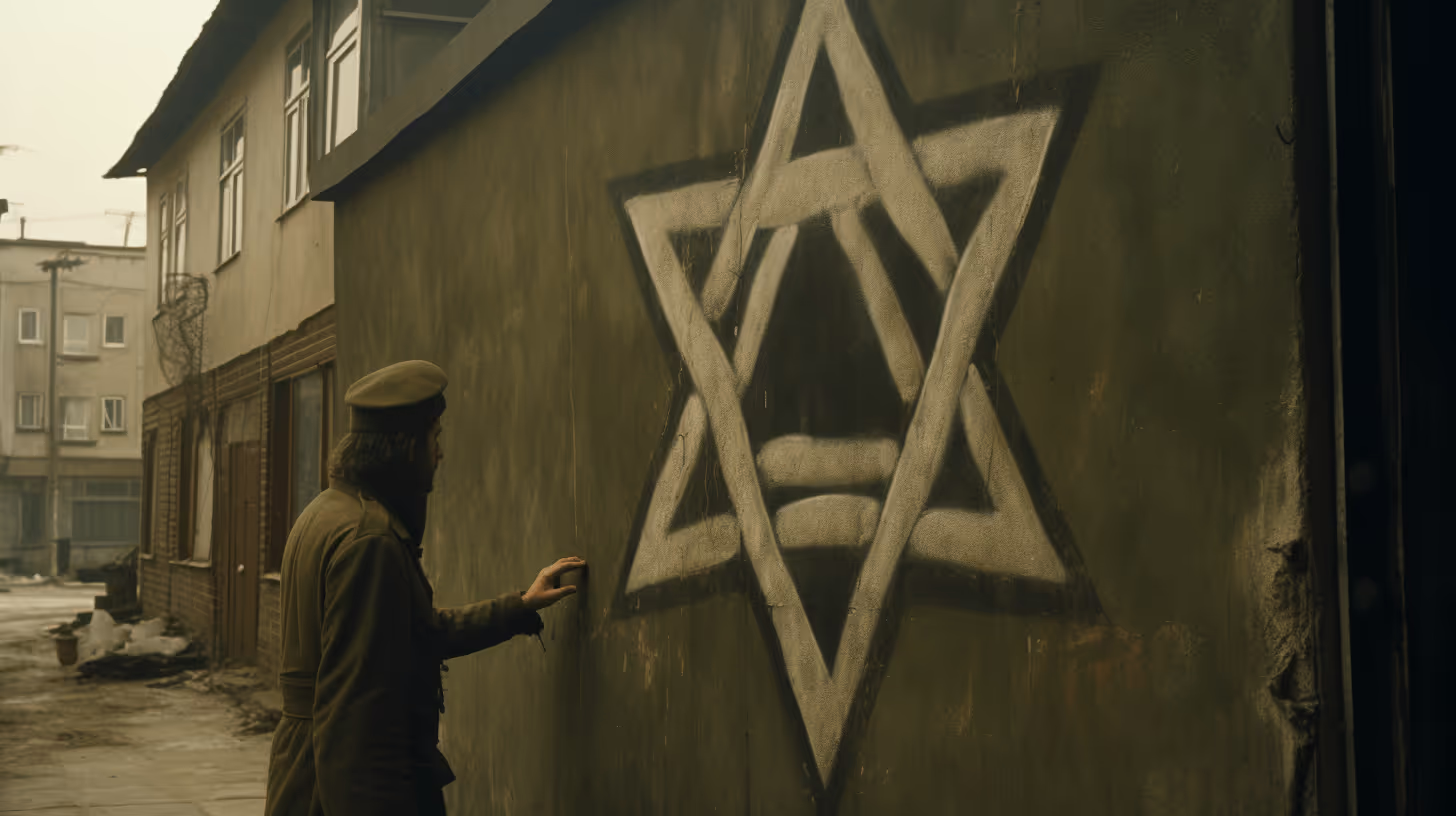
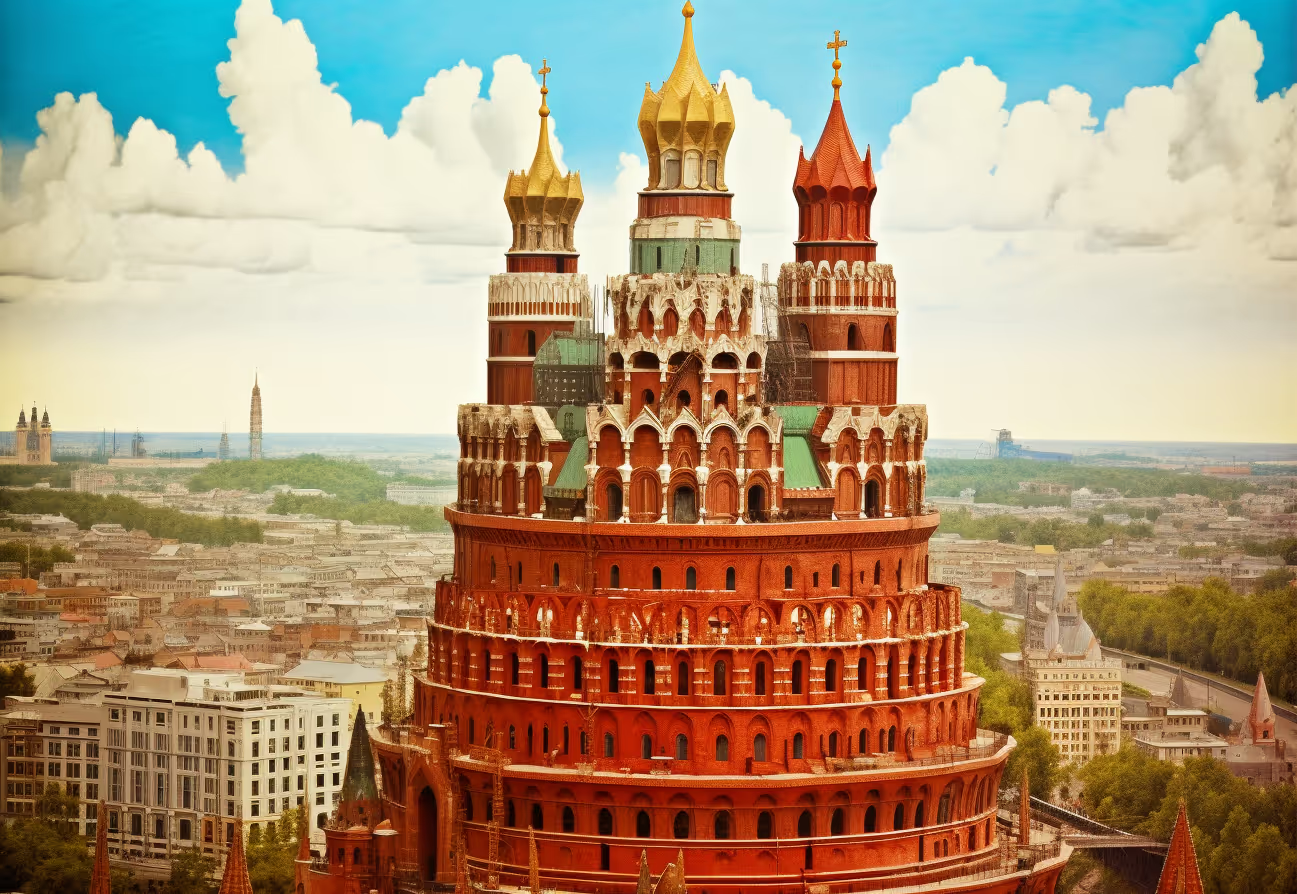
.avif)
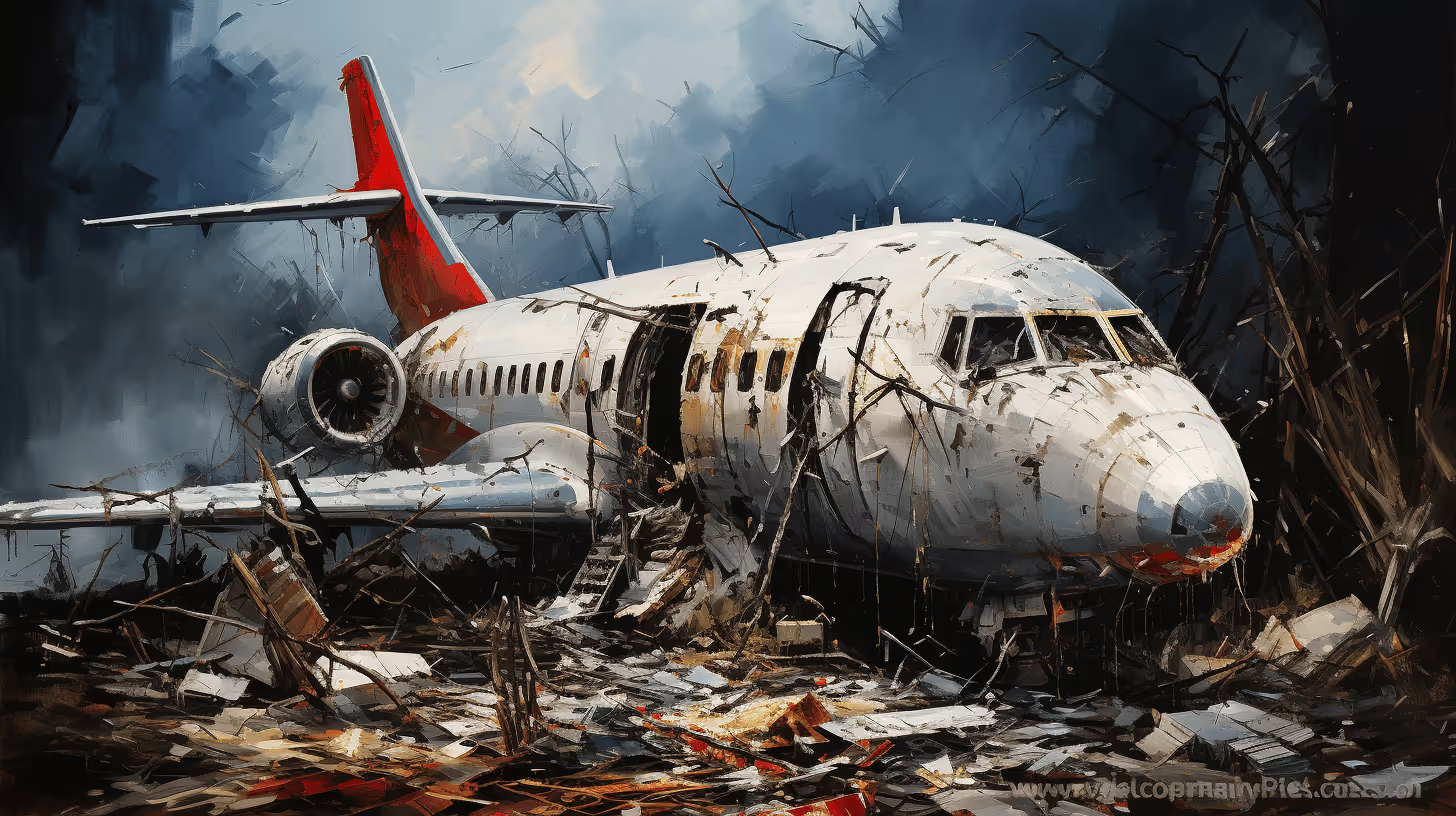
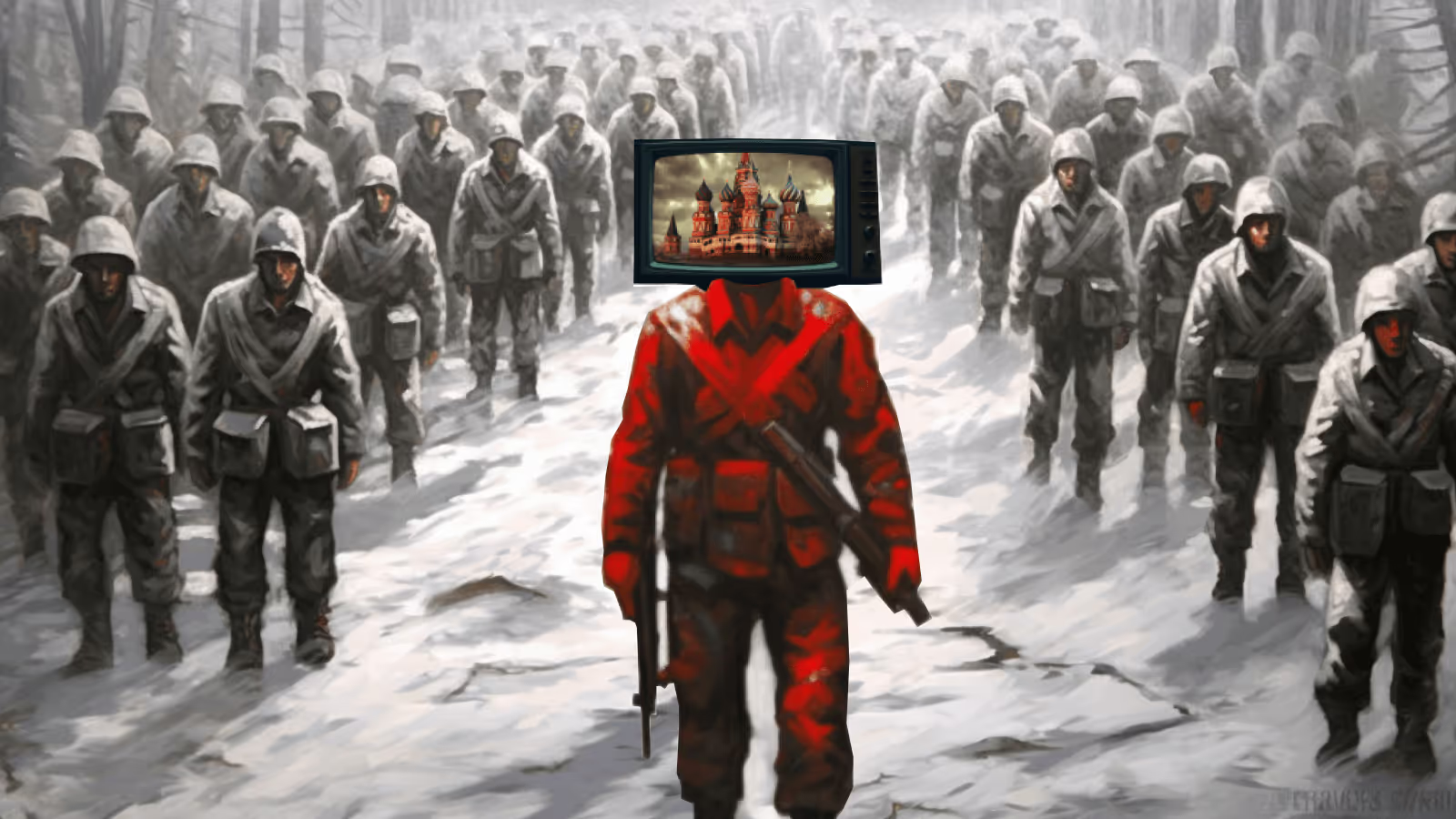
.avif)
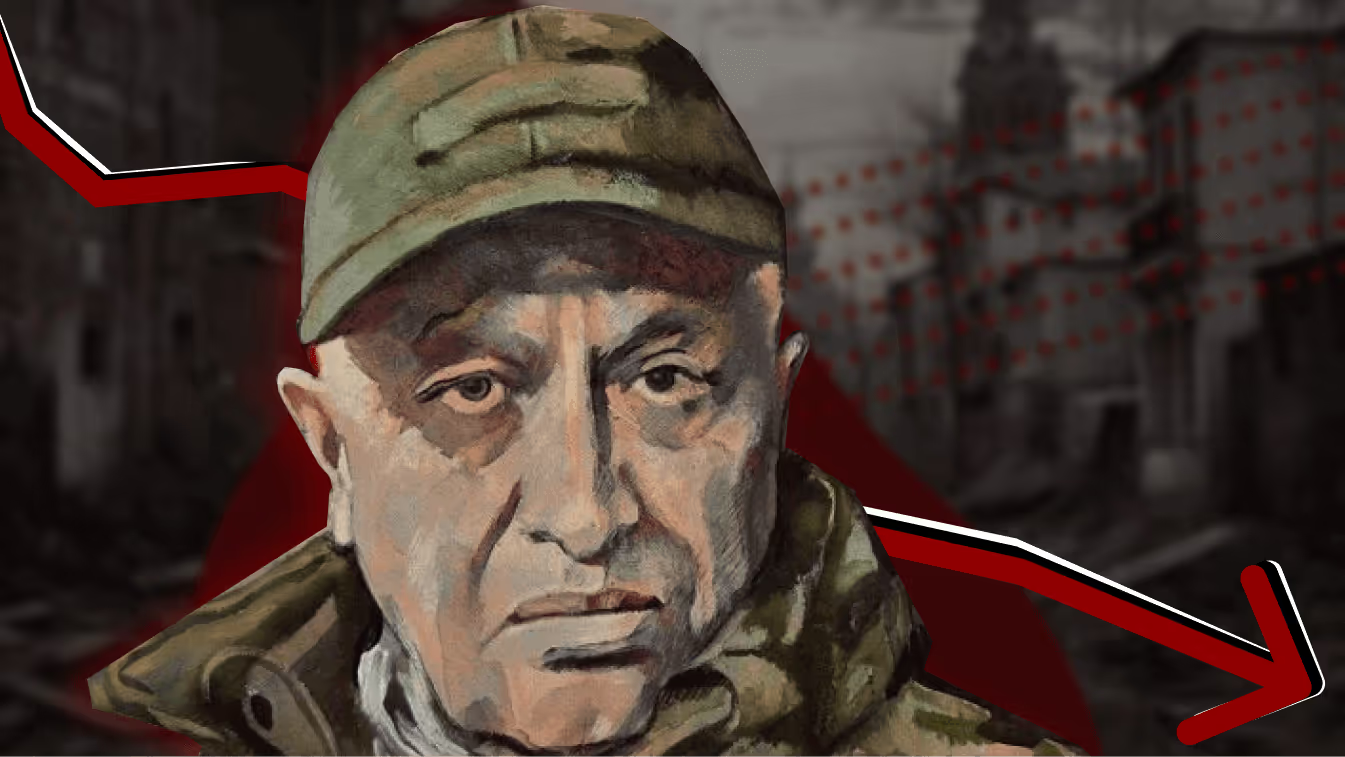
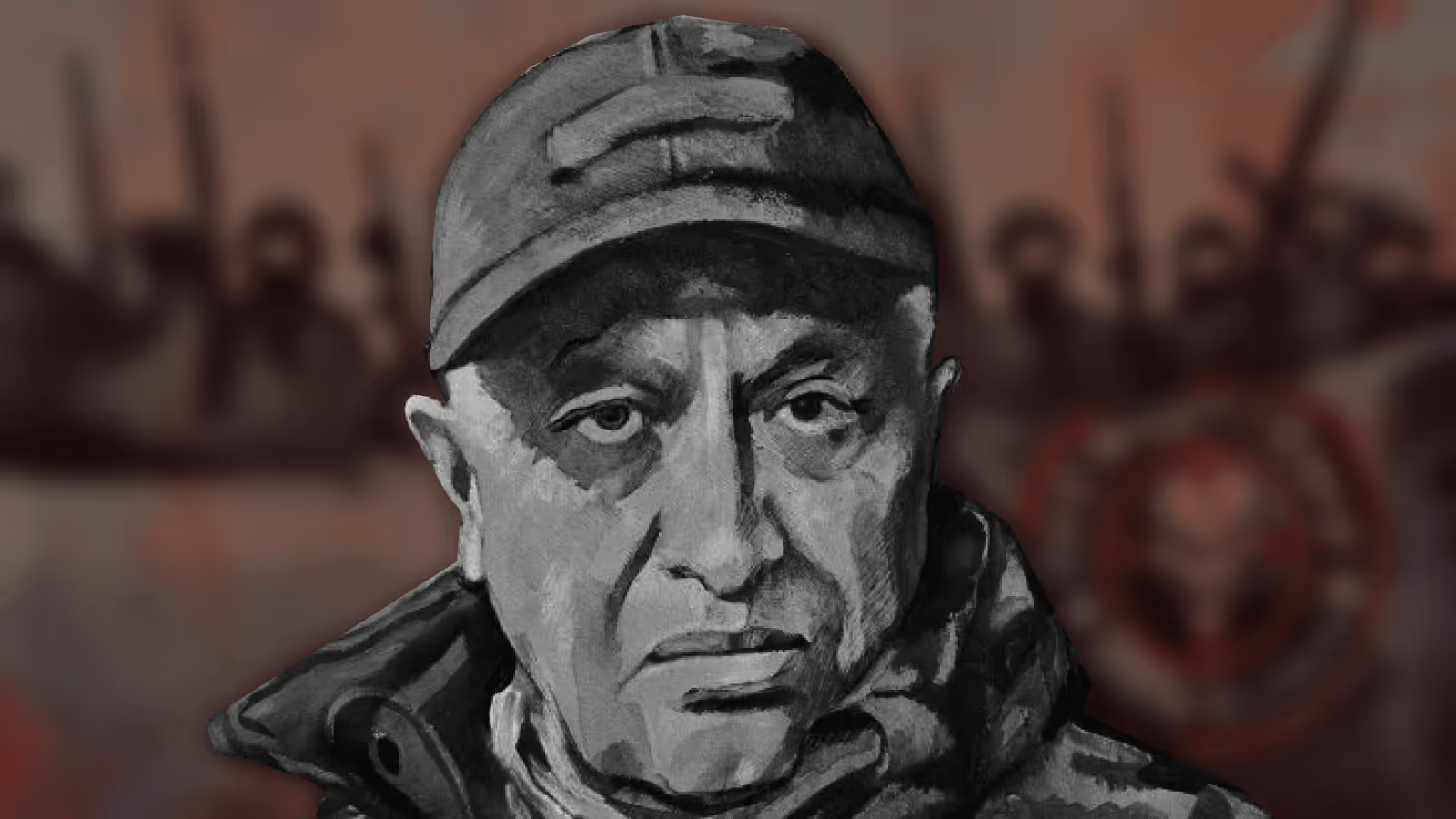
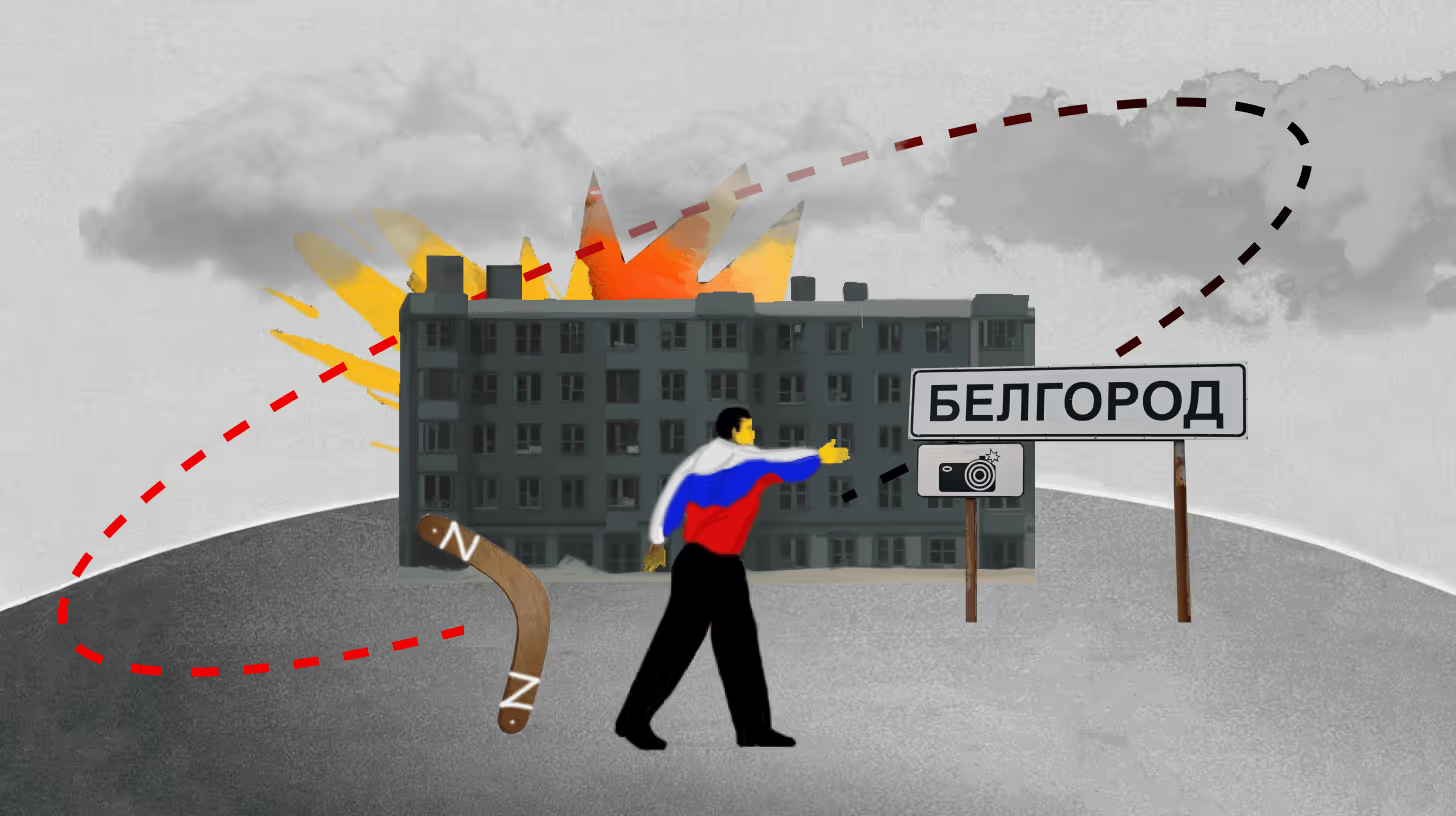
.avif)
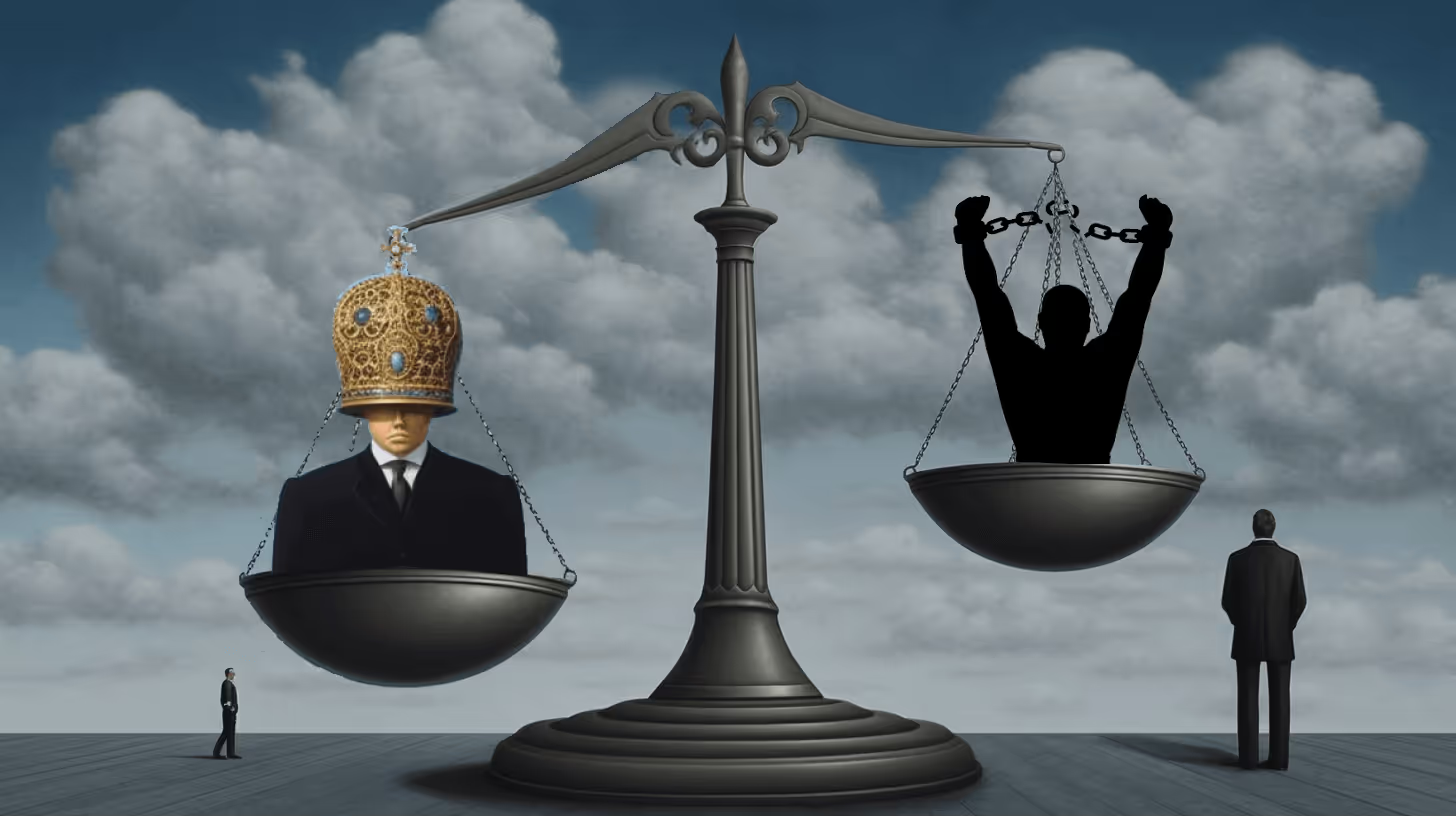
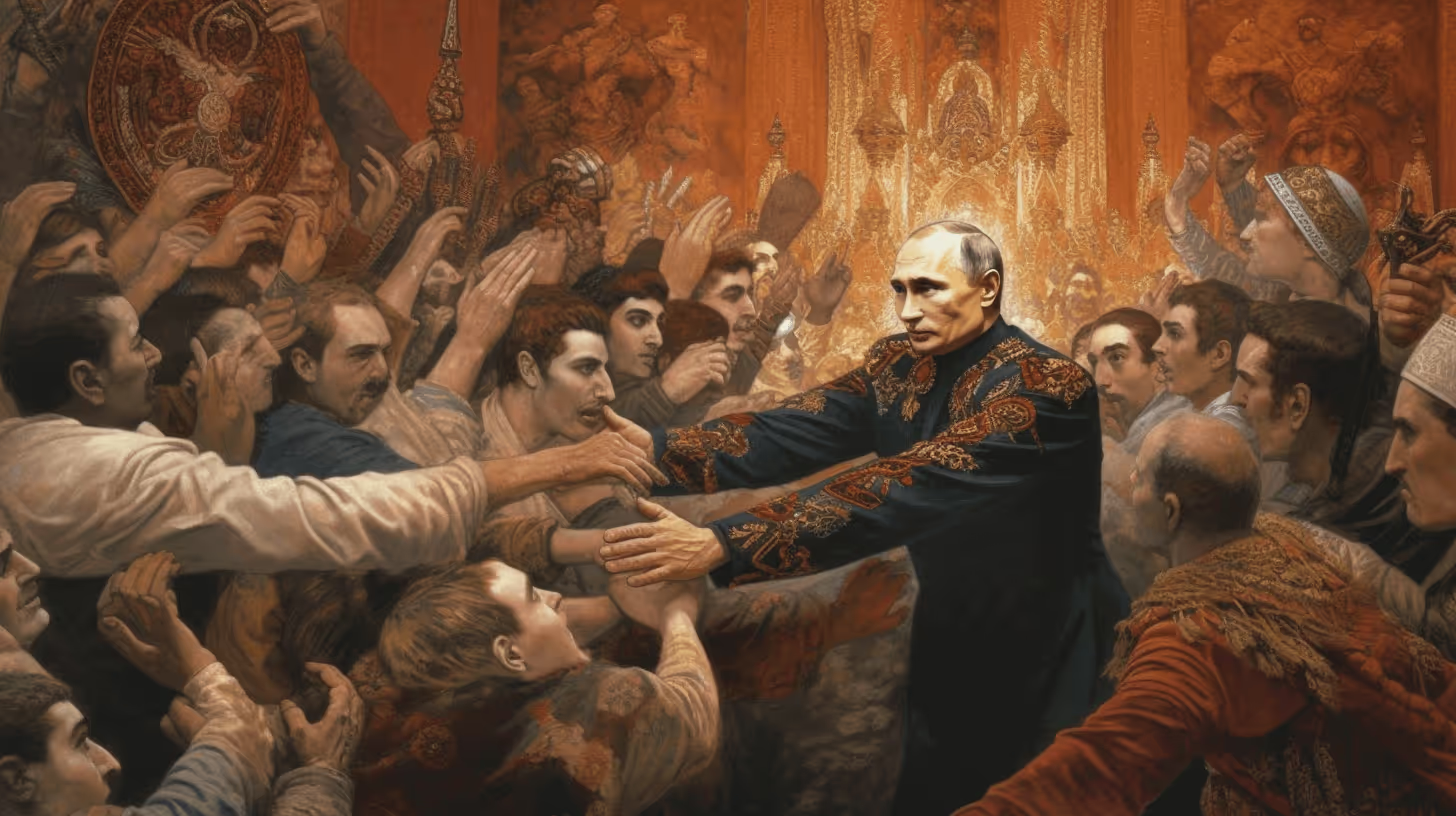
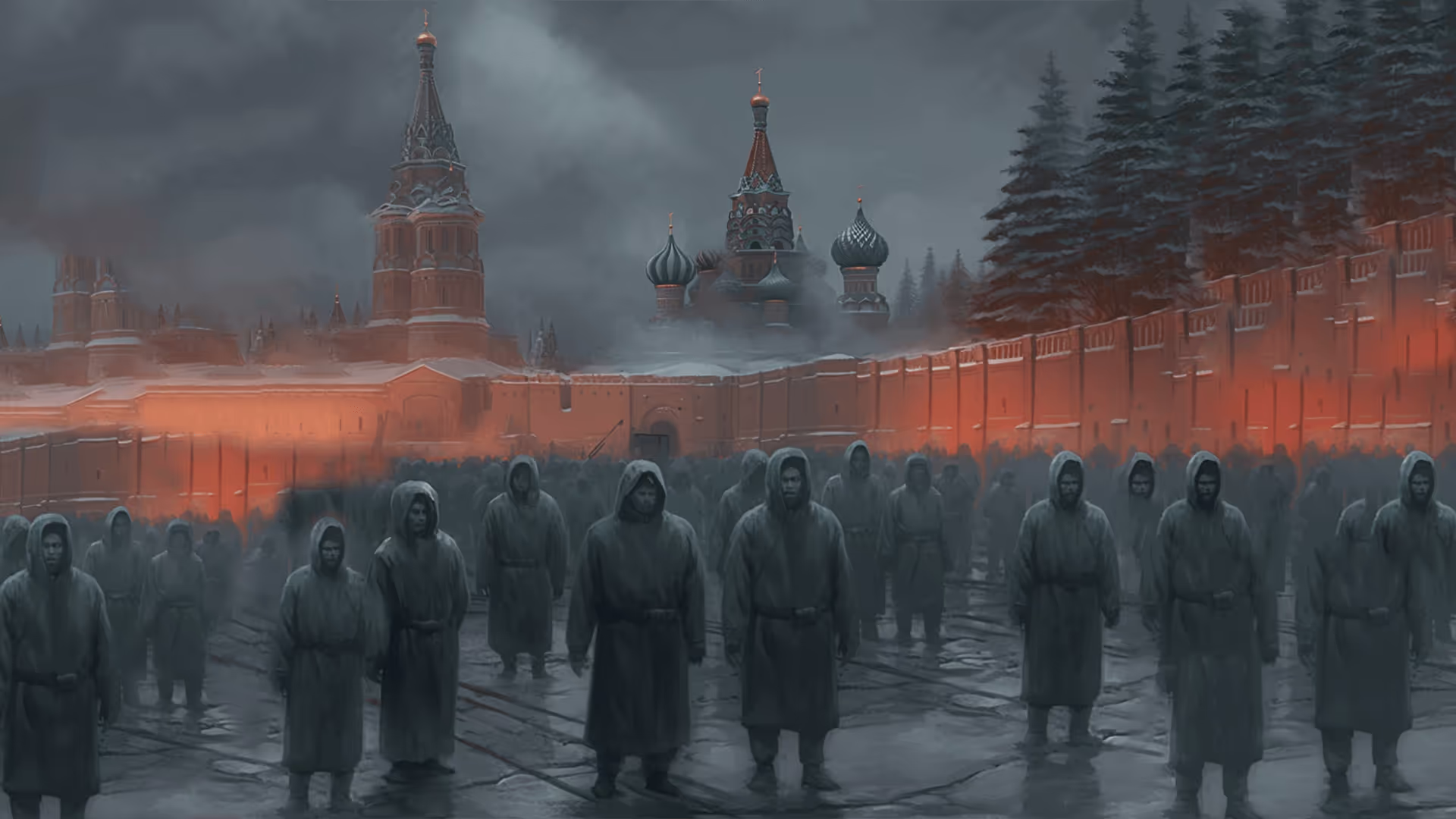
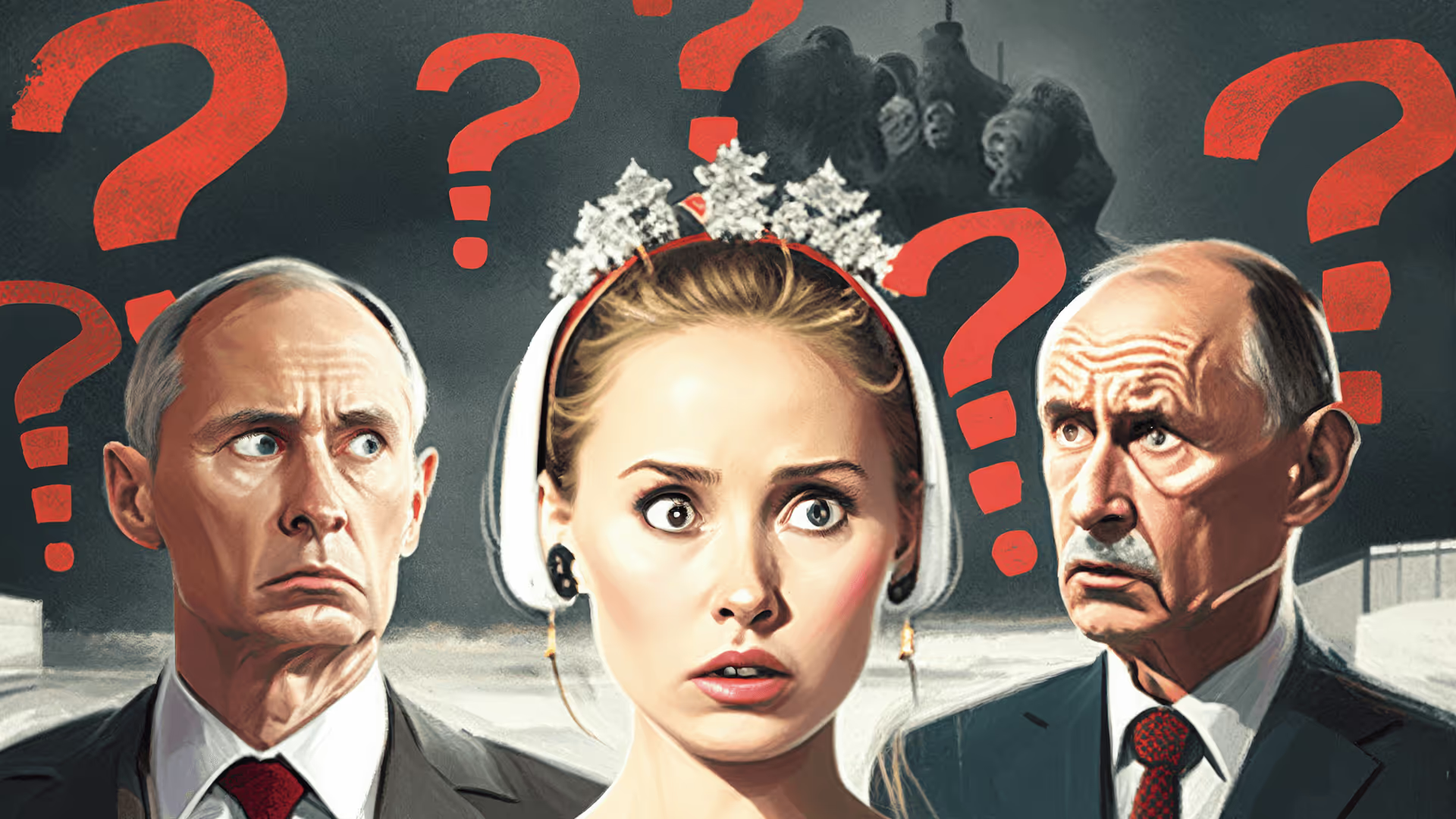
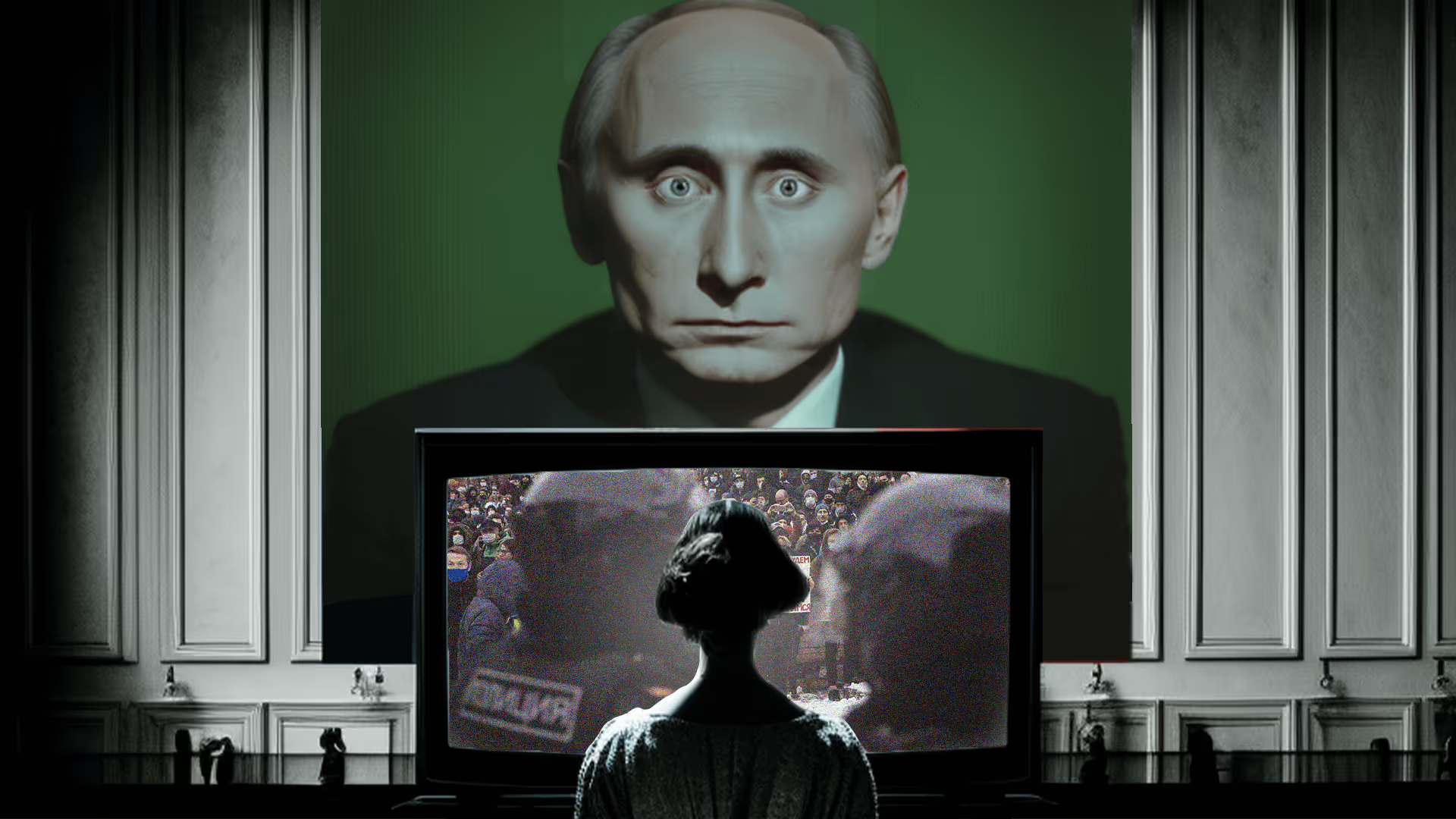



-01-2.avif)
-01.avif)
-01.avif)

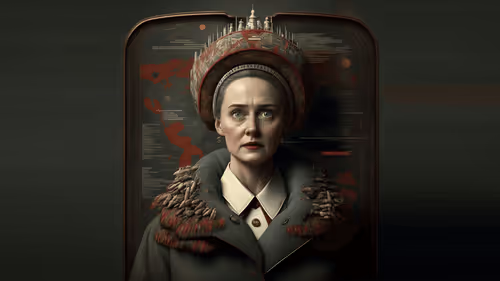


-01%25202-p-500.avif)







